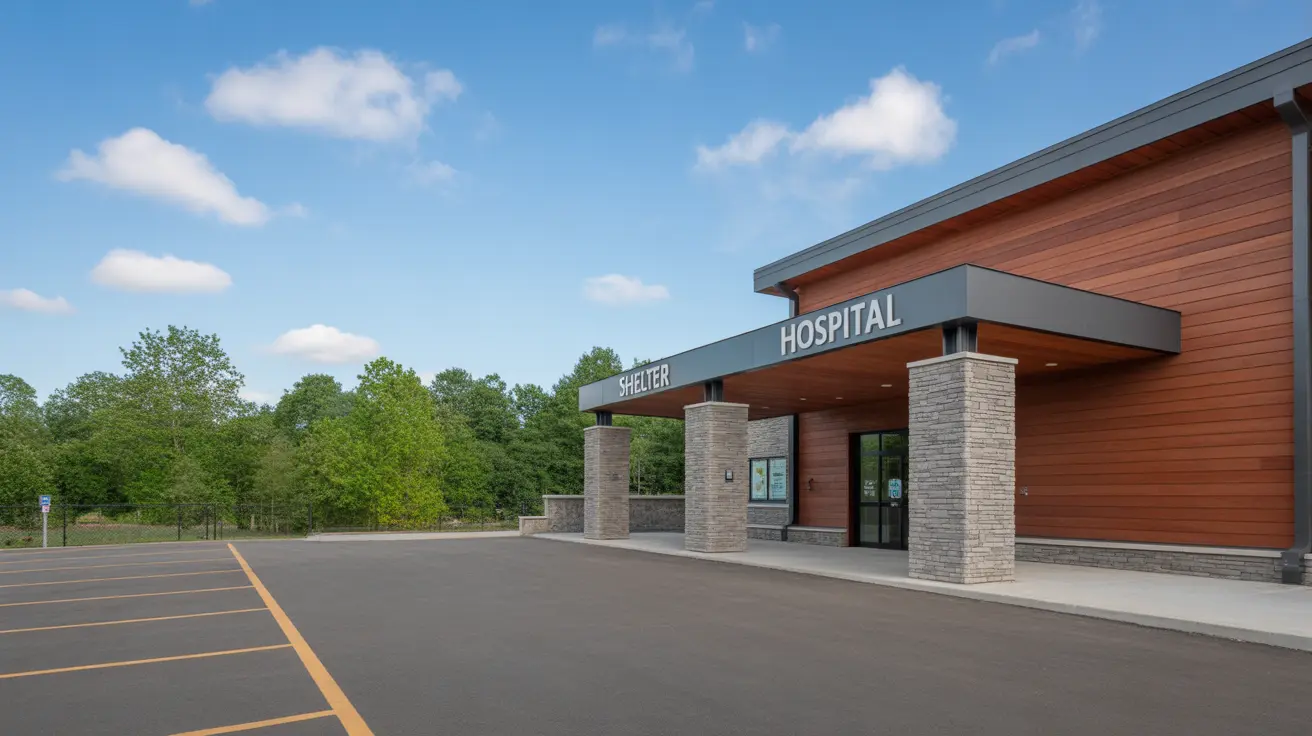Finding a scab on your dog's nose can be concerning for any pet owner. These crusty, sometimes painful-looking lesions can indicate various underlying conditions, from simple sunburn to more serious health issues. Understanding the causes, treatments, and prevention methods is crucial for maintaining your dog's nasal health.
In this comprehensive guide, we'll explore everything you need to know about dealing with scabs on your dog's nose, including when to seek veterinary care and how to prevent future occurrences.
Common Causes of Nasal Scabs in Dogs
Several conditions can lead to scabs forming on your dog's nose:
Environmental Causes
- Sunburn (especially in light-colored noses)
- Physical trauma or scratches
- Allergic reactions to environmental factors
- Chemical irritants
Medical Conditions
- Bacterial or fungal infections
- Autoimmune disorders
- Parasitic infestations
- Hyperkeratosis
- Certain types of cancer
Identifying the Type of Nasal Scab
The appearance and location of the scab can provide important clues about its cause:
- Dry, flaky scabs: Often indicate sunburn or hyperkeratosis
- Moist, yellow scabs: May suggest bacterial infection
- Dark, crusty scabs: Could be related to autoimmune conditions
- Raised, irregular scabs: Might indicate more serious conditions requiring immediate attention
Treatment Options and Home Care
Treatment varies depending on the underlying cause but may include:
Immediate Care Steps
- Keep the area clean
- Prevent your dog from scratching
- Apply dog-safe moisturizer if recommended by your vet
- Use prescribed medications as directed
Professional Treatment Options
- Topical or oral antibiotics for infections
- Anti-inflammatory medications
- Immunosuppressive drugs for autoimmune conditions
- Specialized creams or ointments
Prevention Strategies
Taking preventive measures can help avoid future nasal scabs:
- Apply dog-specific sunscreen for outdoor activities
- Maintain regular veterinary check-ups
- Keep your dog's living area clean
- Monitor for early signs of nose problems
- Provide proper nutrition and hydration
When to See a Veterinarian
Seek professional medical attention if you notice:
- Scabs that don't heal within a week
- Bleeding or severe discoloration
- Changes in nose texture or color
- Signs of pain or discomfort
- Accompanying symptoms like lethargy or loss of appetite
Frequently Asked Questions
What are the most common causes of scabs on a dog's nose?
The most common causes include sunburn, bacterial infections, autoimmune conditions, and physical trauma. Environmental factors and allergies can also contribute to nasal scabbing.
How can I safely treat and care for a scab on my dog's nose at home?
Keep the area clean with pet-safe antiseptic solutions, prevent scratching, and apply vet-approved moisturizers. Never use human medications without veterinary approval.
When should I take my dog to the vet for a scab or crusty nose?
Seek veterinary care if the scab persists longer than a week, shows signs of infection, causes obvious discomfort, or is accompanied by other concerning symptoms.
Can sun exposure cause scabs or damage to my dog's nose, and how can I prevent it?
Yes, sun exposure can cause significant damage, especially to dogs with light-colored or unpigmented noses. Use dog-specific sunscreen and limit sun exposure during peak hours.
What are the treatment options for autoimmune or fungal diseases causing scabs on a dog's nose?
Treatment typically involves prescription medications such as immunosuppressants for autoimmune conditions or antifungal medications for fungal infections. These conditions require professional diagnosis and ongoing veterinary care.
Monitoring your dog's nose health and responding promptly to any changes can help prevent minor issues from becoming serious problems. When in doubt, always consult with your veterinarian for proper diagnosis and treatment recommendations.






